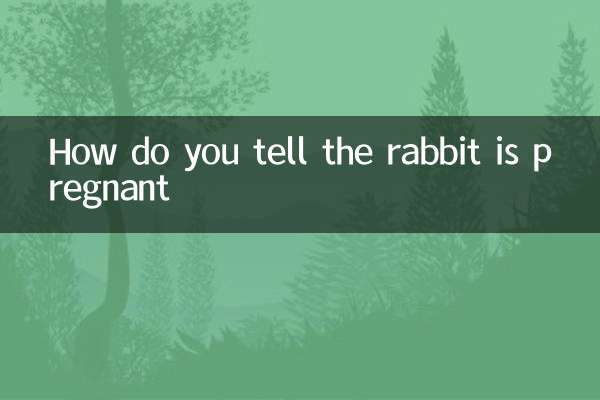How to treat rhinotracheitis
Rhinoptracheitis is a common respiratory disease that is usually caused by viral infections and may also be accompanied by bacterial infections. Symptoms include nasal congestion, cough, sore throat, fever, etc. Among the popular topics in the past 10 days, the treatment of rhinotracheitis has attracted much attention. The following are detailed information on rhinotracheitis treatment, including structured data and treatment options.
1. Common symptoms of rhinotracheitis

Symptoms of rhinitis vary from person to person, but here are some common manifestations:
| symptom | describe |
|---|---|
| Nasal congestion | Congestion in the nasal cavity, difficulty breathing |
| cough | Dry cough or phlegm |
| Sore throat | Throat inflammation, difficulty swallowing |
| fever | Body temperature rises, may be accompanied by chills |
| Failure | All body weak and mentally bleak |
2. Treatment methods for rhinoplasty
The treatment of rhinitis mainly includes symptomatic treatment and etiological treatment. Here are some common treatments:
| Treatment method | Specific measures |
|---|---|
| Symptom-based treatment | Use antipyretics, cough medicines, nasal congestion sprays and other symptoms to relieve symptoms |
| Cause treatment | If it is a bacterial infection, antibiotics are required; if it is a viral infection, antiviral drugs are required. |
| Home Care | Drink more water, rest well, and keep the indoor air moist |
| Traditional Chinese Medicine Treatment | Use traditional Chinese medicines such as isatis root and honeysuckle to clear heat and detoxify |
3. Measures to prevent rhinitis
The key to preventing rhintracheitis is to enhance immunity and reduce the chance of infection. Here are some precautions:
| Preventive measures | Specific methods |
|---|---|
| Strengthen immunity | Eat a balanced diet, exercise moderately, and have enough sleep |
| Avoid exposure to pathogens | Wash hands frequently, wear masks, and avoid crowded places |
| Keep indoor air circulating | Open windows regularly for ventilation and use air purifiers |
| Vaccination | Influenza vaccination and other prevention of respiratory infections |
4. Dietary advice for rhinitis
Diet plays an important role in the treatment and rehabilitation of rhinitis. Here are some recommended dietary tips:
| Food Type | Recommended food |
|---|---|
| Foods rich in vitamin C | Citrus fruits, kiwis, strawberries |
| Foods that clear heat and detoxify | Mung beans, winter melons, bitter melons |
| Easily digestible food | Porridge, noodles, steamed eggs |
| Drink more water | Warm boiled water, honey water, light salt water |
5. When do you need medical treatment?
Most rhinotracheitis can be relieved by home care and self-treatment, but medical treatment should be consulted in time if:
| symptom | Medical advice |
|---|---|
| High fever does not subside | Body temperature lasts more than 38.5°C, and antipyretic drugs are ineffective |
| Difficulty in breathing | Shortness of breath, chest tightness, purple lips |
| Cough worsens | Cough lasts for more than two weeks or has blood |
| Other serious symptoms | Confused consciousness, severe headache, chest pain, etc. |
6. Summary
Although common, most patients can recover quickly with proper treatment and care. The key is to treat symptomatically, enhance immunity, and seek medical treatment in a timely manner if necessary. Hopefully, the structured data and treatment options provided in this article can help you better deal with rhinitis.

check the details

check the details